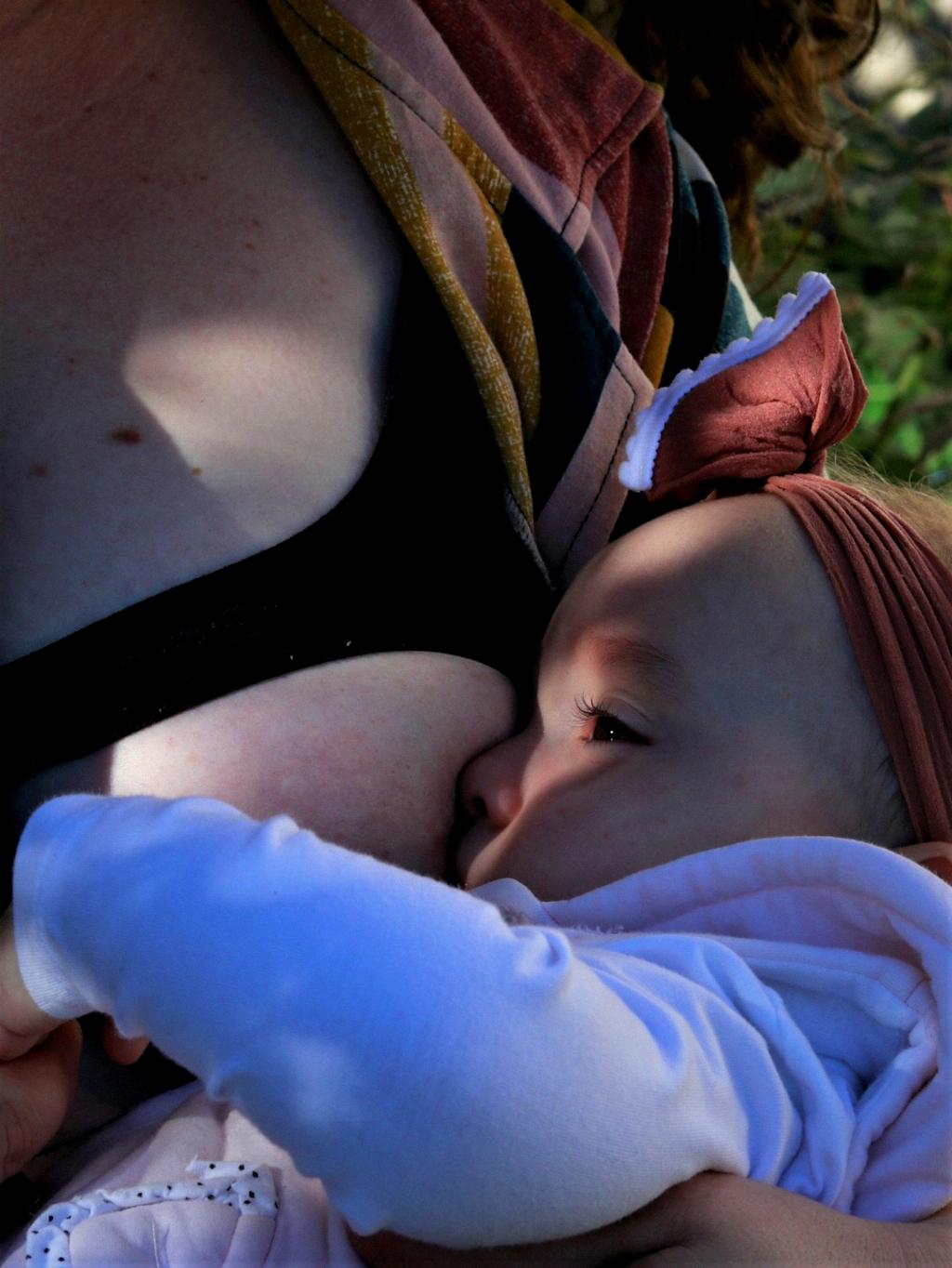Recent studies have shed light on the fascinating world of breastfeeding, particularly in the midst of the global COVID-19 pandemic. One burning question that has captured the attention of many is whether COVID booster antibodies can be found in breast milk. This question arises from the potential benefits that such antibodies could offer to newborns, especially in terms of protection against the virus.
It is important to note that breast milk is a precious liquid that is not only a source of essential nutrients for infants but also a rich reservoir of maternal antibodies. These antibodies play a crucial role in bolstering the immune system of infants, helping them fight off infections and diseases. In the context of COVID-19, the presence of antibodies in breast milk could hold significant implications for newborns.
Research has shown that breast milk from mothers who have received a COVID booster shot or have recovered from a SARS-CoV-2 infection contains maternal antibodies against the virus. These antibodies are passed on to the infant through breastfeeding, providing them with acquired protection against the virus. This passive immunity could be particularly beneficial for newborns who are not yet eligible for vaccination.
One of the key findings from these studies is the presence of specific antibodies, such as IgA, IgG, and IgM, in breast milk. These antibodies are known to target different parts of the virus and play a role in neutralizing it. The presence of a diverse range of antibodies in breast milk suggests that the infant receives comprehensive protection against COVID-19.
Furthermore, the transmission of COVID booster antibodies through breast milk not only benefits the newborn but also helps in strengthening the bond between the mother and the infant. Breastfeeding is not only a means of nourishment but also a form of emotional connection that fosters a sense of security and well-being in the child.
It is important to highlight that the protective effects of COVID booster antibodies in breast milk are not limited to just the infant. Studies have shown that breastfeeding mothers who have received the COVID booster shot may also benefit from transmitting these antibodies through breast milk, potentially enhancing their own immune response to the virus.
Moreover, the presence of COVID booster antibodies in breast milk underscores the importance of supporting breastfeeding mothers, especially during these challenging times. Encouraging and promoting breastfeeding can help in ensuring the optimal health and well-being of both the mother and the child, while also contributing to the broader public health efforts to combat COVID-19.
It is crucial to acknowledge that the research on COVID booster antibodies in breast milk is still evolving, and more studies are needed to fully understand the extent of protection provided to infants. However, the preliminary findings offer promising insights into the potential benefits of breastfeeding in the context of COVID-19 and highlight the invaluable role of maternal antibodies in safeguarding the health of newborns.
In conclusion, the presence of COVID booster antibodies in breast milk represents a remarkable phenomenon that has significant implications for infant health and immunity. Breastfeeding mothers who have received the COVID booster shot or have recovered from the virus can transmit these antibodies to their infants, offering them passive immunity and protection against COVID-19. This highlights the critical role of breastfeeding in promoting infant health and underscores the importance of supporting breastfeeding mothers in the fight against the pandemic.

